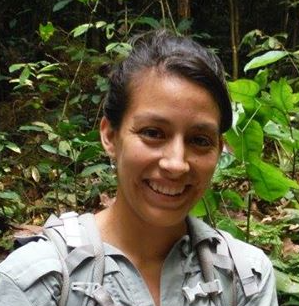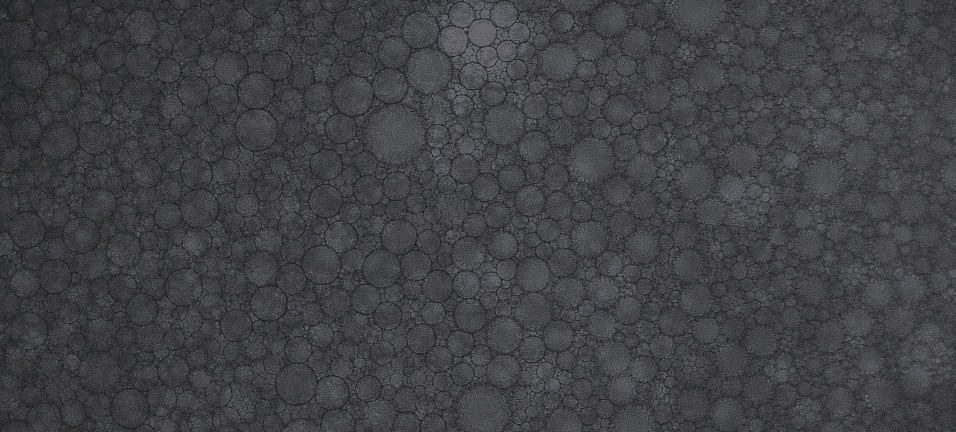

Welcome to The Z E3 Lab
Zaman Engineered and Experimental Evolution
Much of our work focuses on host-parasite coevolution both computationally using populations of self-replicating computer programs (sort of like computer viruses), and experimentally in the lab with bacteria and their viruses (bacteriophage). But that's not all! We're deeply interdisciplinary, and broadly interested in ecology and evolution.
Projects
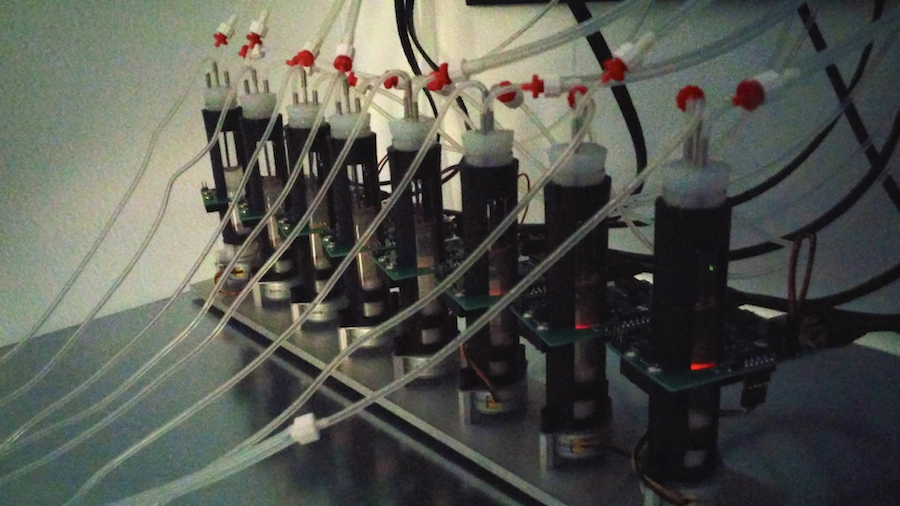
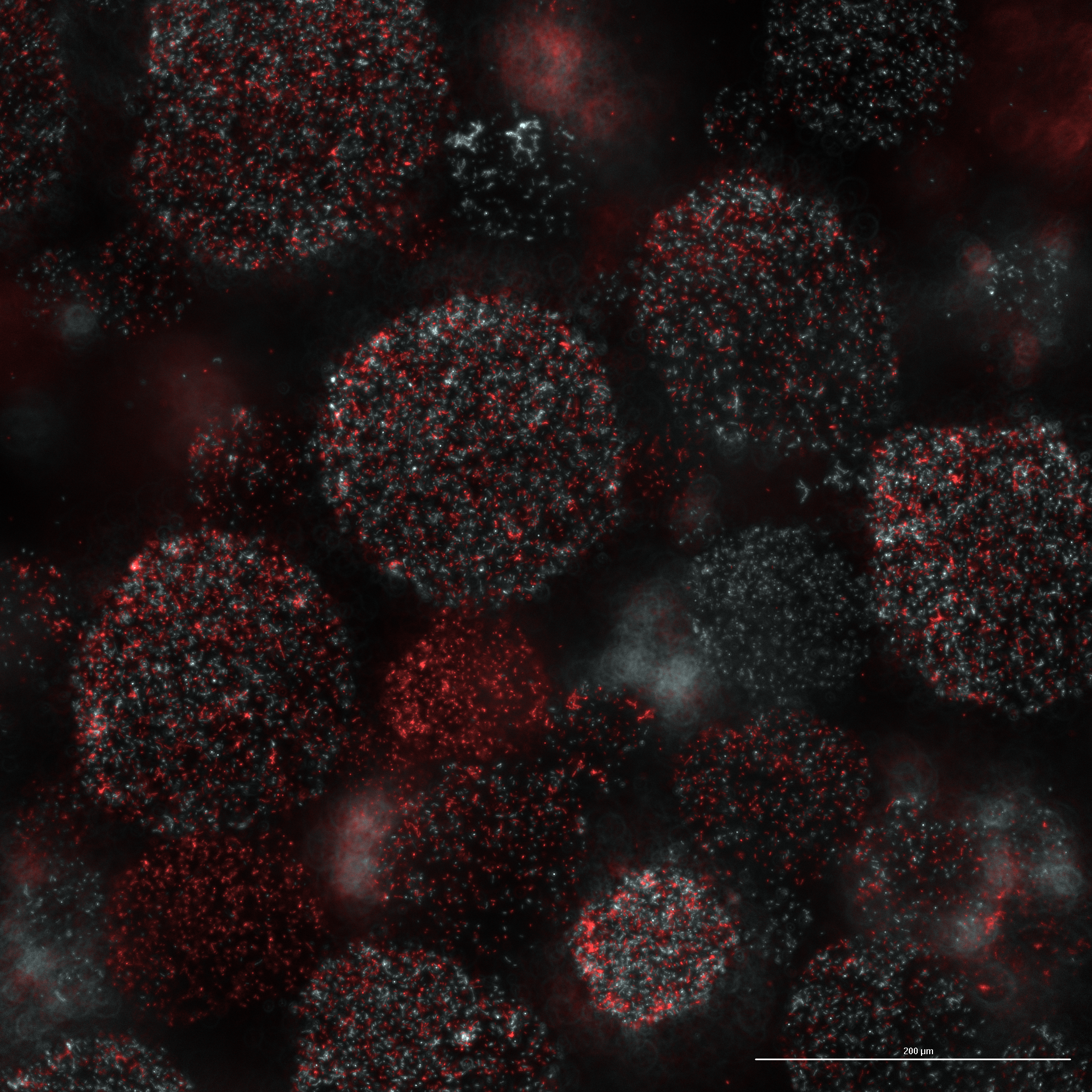
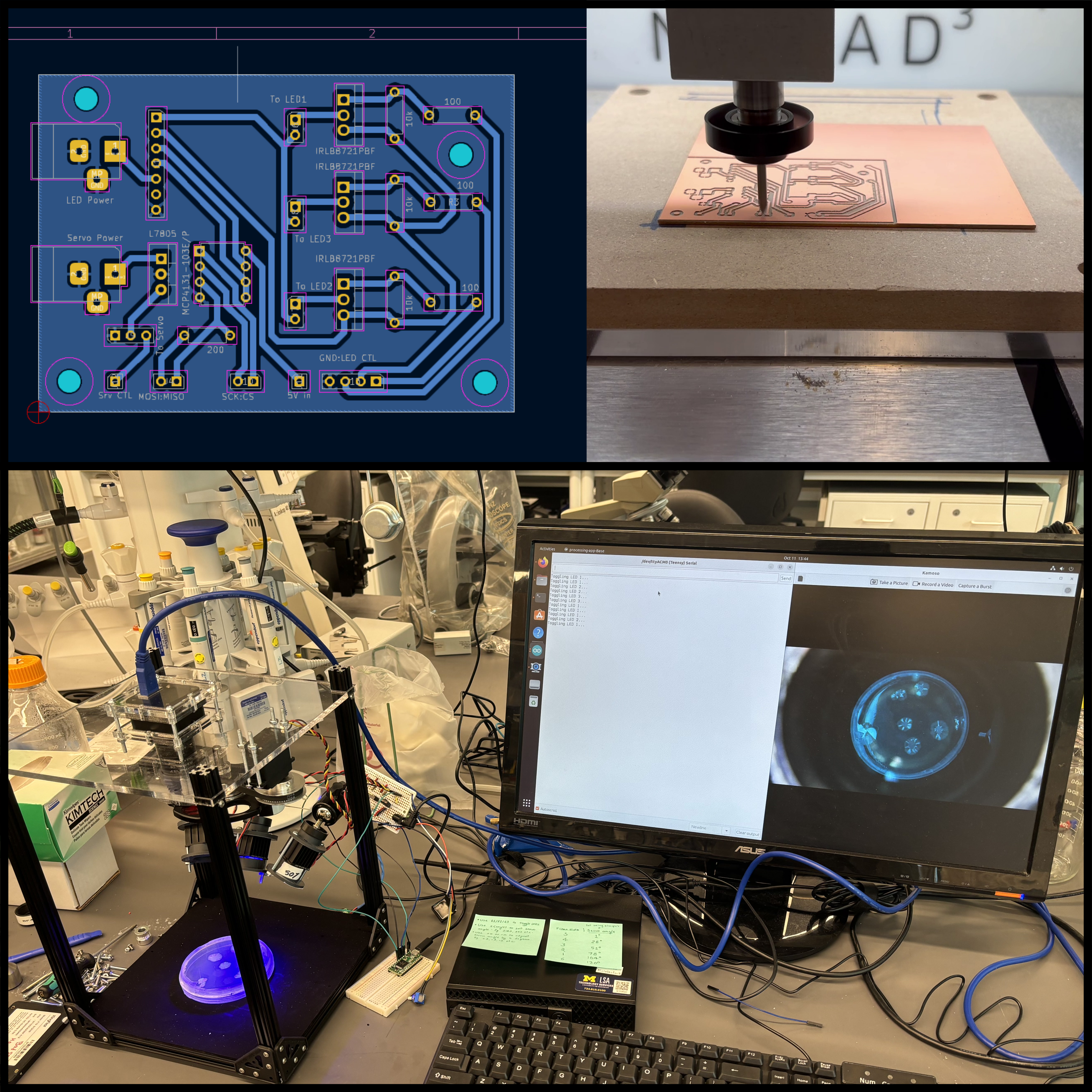

People
Current Members
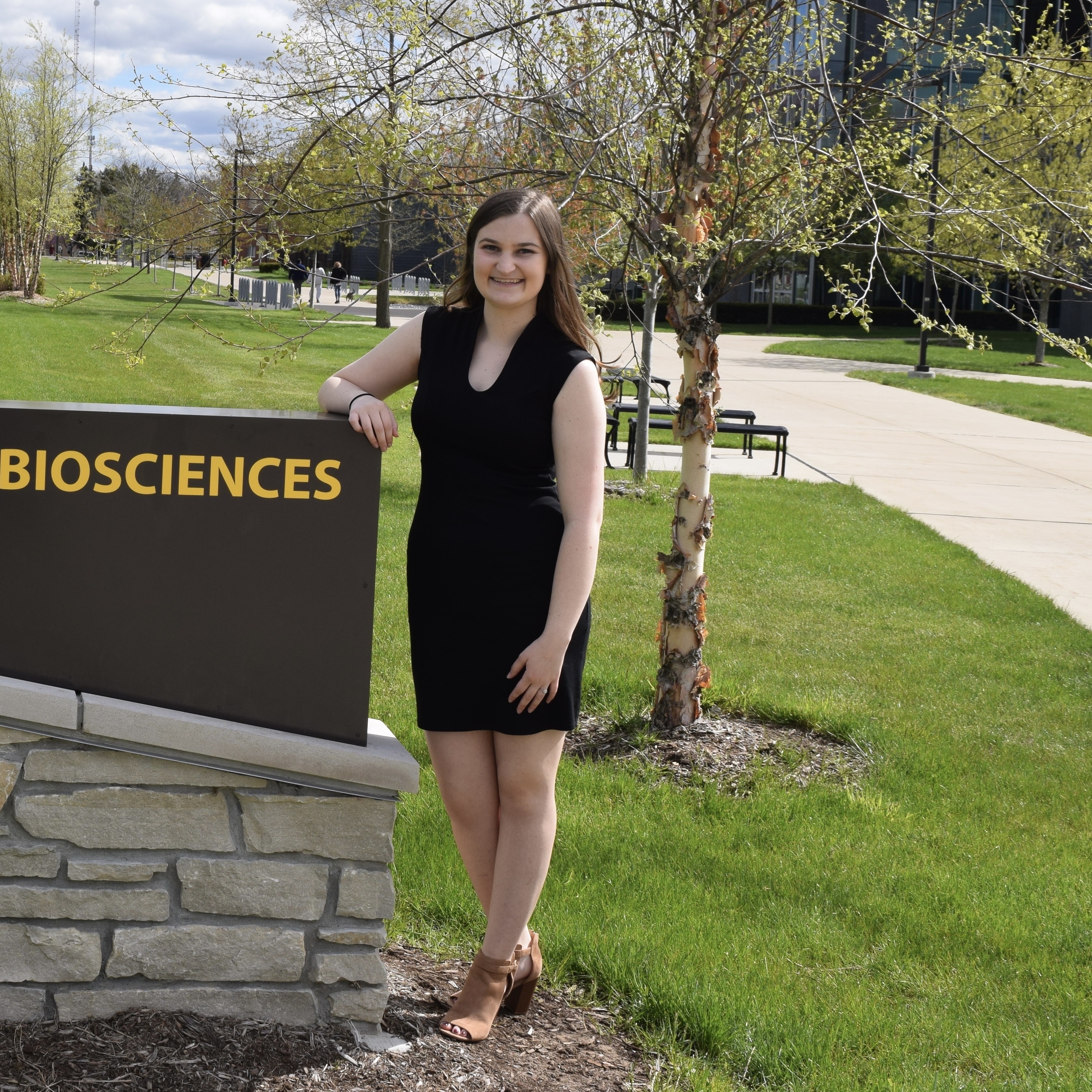
Lab Manager
Megan is the current Lab Manager of the ZE3 lab. She graduated from Central Michigan University with a degree in Conservation, Ecology, and Evolutionary Biology in 2021. She is broadly interested in host-parasite coevolution, especially regarding bacteriophage therapy applications. Her current project is focused on phage training through coevolution. She plans on attending the University of Michigan School for Environment and Sustainability for her Master’s degree fall of 2023.
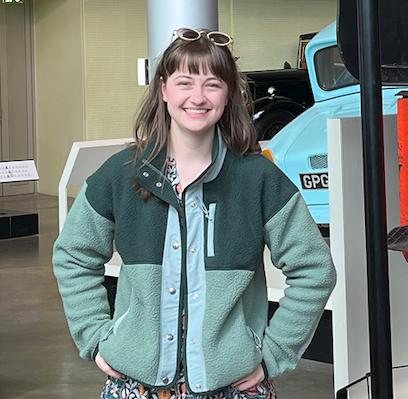
Graduate Student
Emma is a 2nd year PhD student in the Ecology and Evolutionary Biology department. She graduated from University of Minnesota (go gophers!) with a BS in Plant and Microbial Biology in 2020. She is currently interested in biofilm-phage interactions and how niche co-construction impacts short and long term coevolutionary dynamics. She is interested in applying these ideas to both medical (phage therapy) and agricultural (plant growth promoting bacteria) systems. She also enjoys science communication, contaminating her stock media, and chatting with her lab mates.
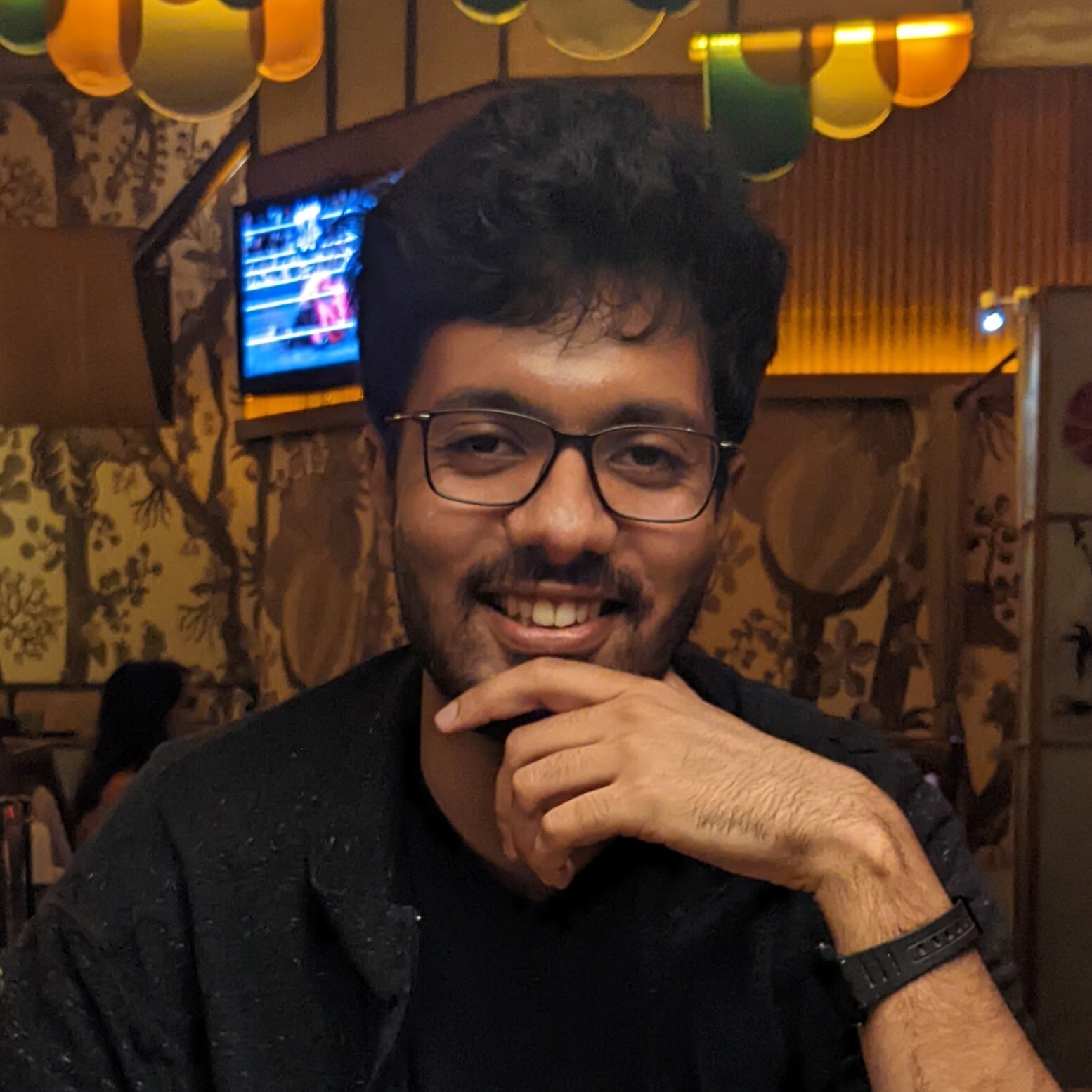
Graduate Student
Bhaskar is a PhD student in the Department of Ecology and Evolutionary Biology. He graduated from the Indian Institute of Science with a BS+MS dual degree in 2021. He is broadly interested in studying living systems using theoretical tools under the umbrella of complex systems and has formal undergraduate training in biology, with special emphasis on molecular biology and systems theory. Most of his research until now has been either on engineering biological systems (synthetic biology) or studying their equivalents in artificial environments (artificial life). He is currently working to understand how complexity evolves in living systems and how evolving entities become more evolvable.
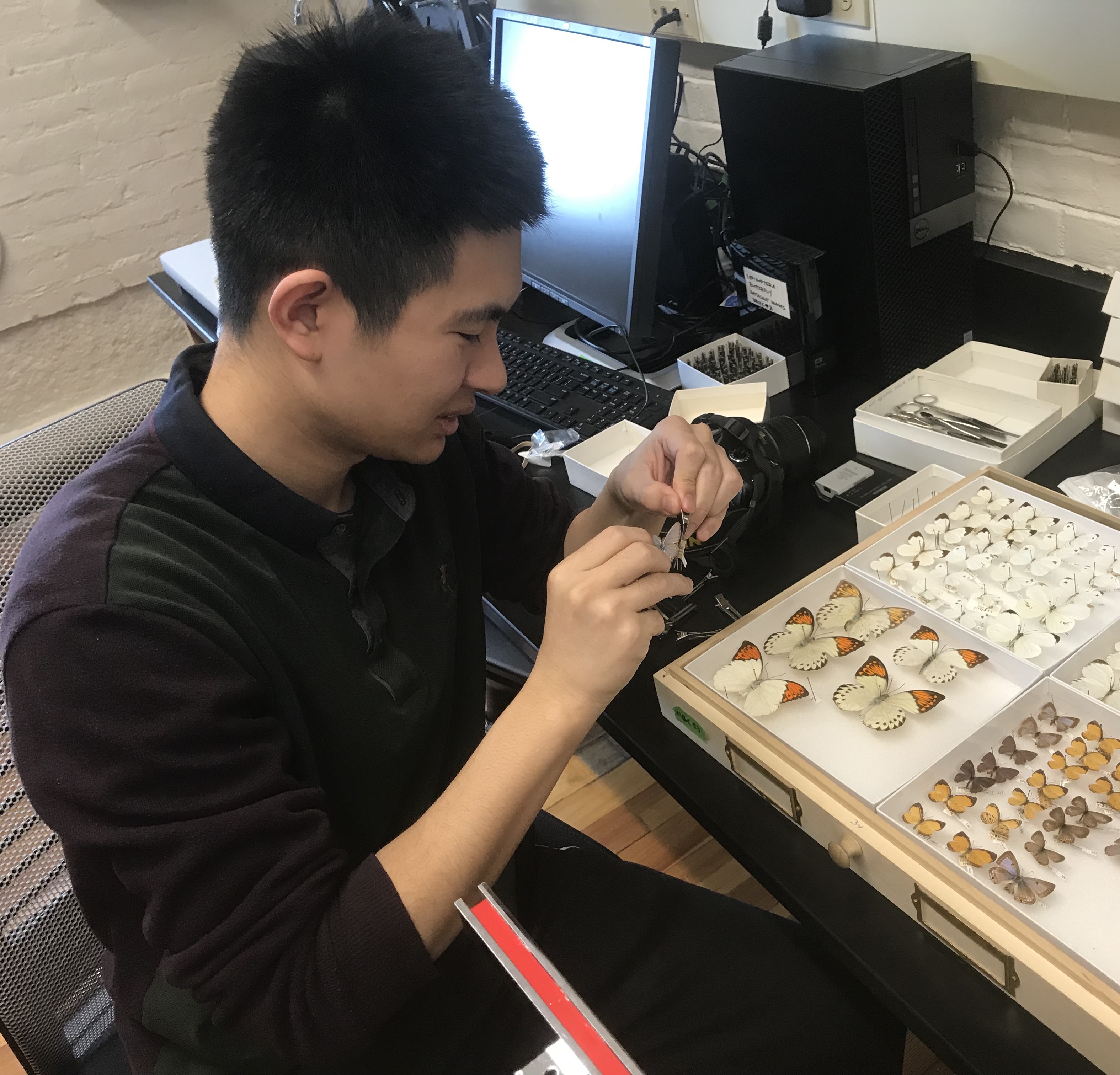
Graduate Student
Siliang graduated from Zhejiang University with a B.A. in Biological Sciences in 2018. He focused on Entomology and Phylogenic Analysis in his undergraduate research. When entering graduate school in 2019, Siliang joined Dr. Luis Zaman's lab while collaborating with his primary advisor Dr. Jianzhi Zhang. He is expanding his interest in computational evolution with an emphasis on digital organisms, and hopes to use those systems to understand the more opaque aspects of the evolutionary process.
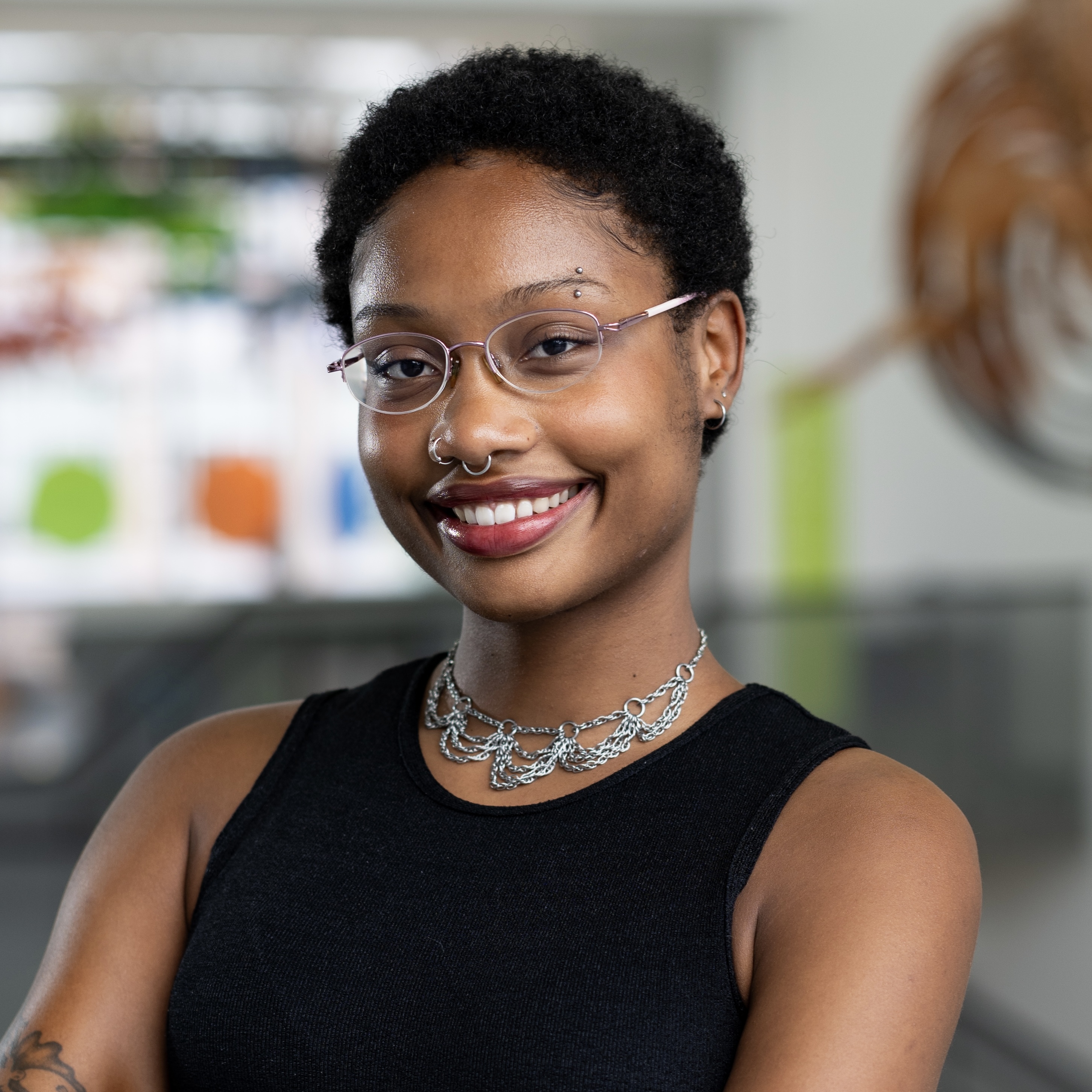
Graduate Student
Mars is a PhD student in the Ecology and Evolutionary Biology Department. In 2023, they graduated from Pomona College with a BA in Biology and a minor in Africana Studies. Their current research interests include bats, disease ecology, host-parasite coevolution, metapopulation dynamics, and environmental justice. In the past, they investigated the seasonality of leukocyte responses and coronavirus infection prevalence for three species of Malagasy fruit bat.

Postdoctoral Fellow
Matthew is a postdoctoral fellow associated with the Department of Ecology and Evolutionary Biology, the Center for the Study of Complex Systems, and the Eric and Wendy Schmidt Ai in Science postdoctoral program. His doctoral research focused on developing scalable digital models of multicellularity. His ongoing research interests include evolvability, open-ended evolution, major transitions in evolution, phylogenetic methods, high-performance computing, and open source software.
Past Members
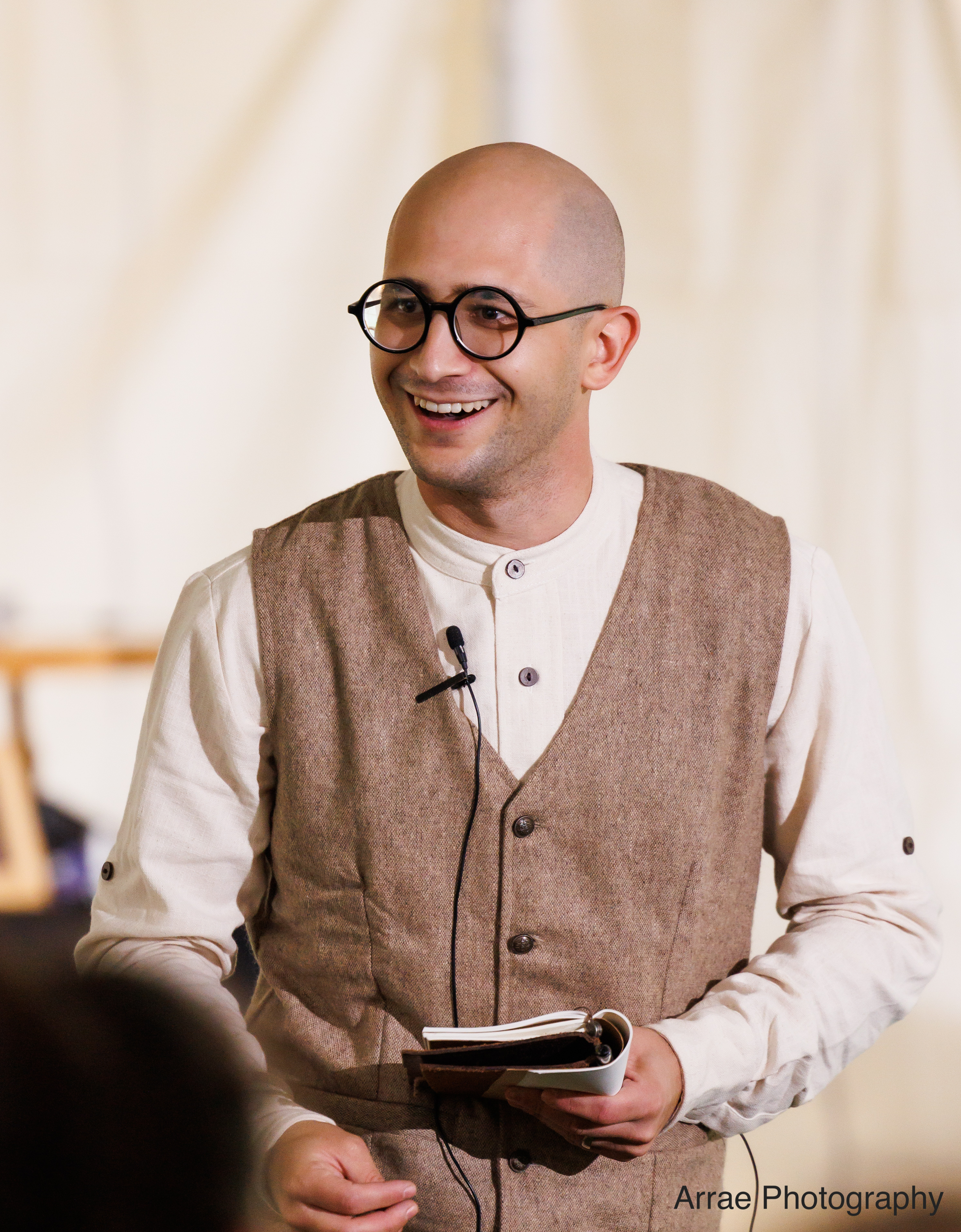
Postdoctoral Fellow
Alexander is now an Assistant Professor in the School of Computing at Grand Valley State University
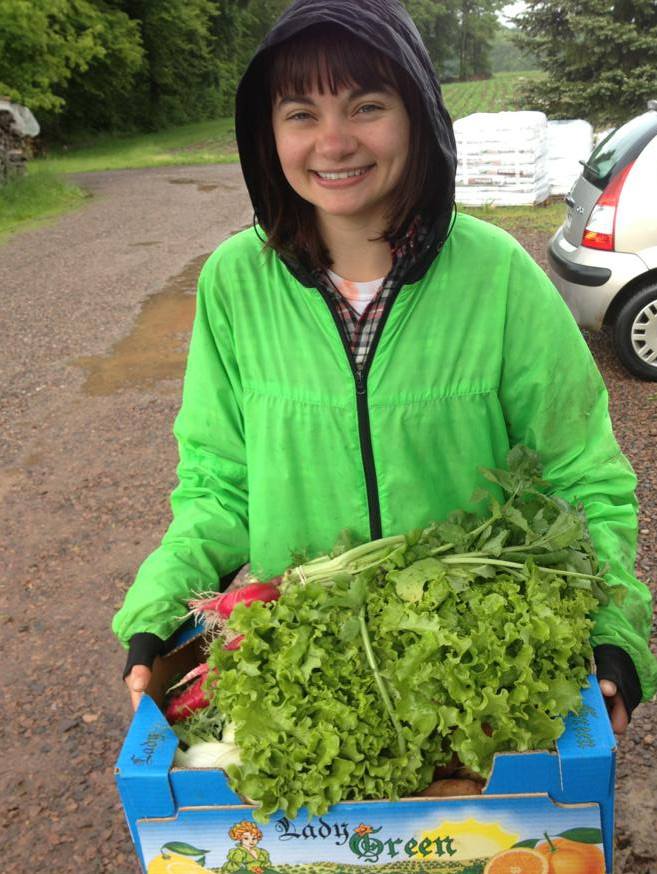
RET Scholar
Katie Torkelson-Regan is now a teacher at Washtenaw Technical Middle College
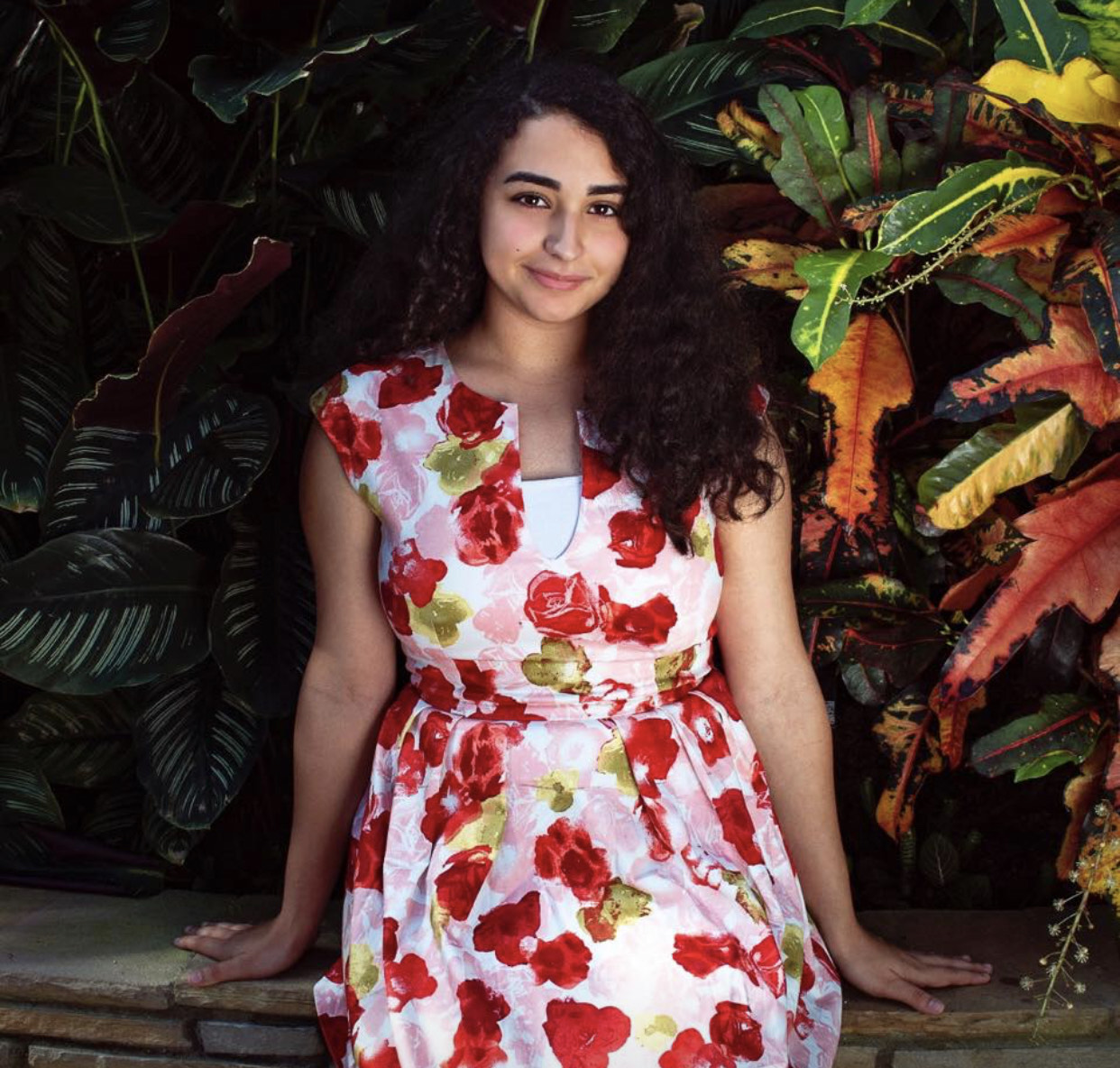
Undergraduate Student
Lamese is now in Medical School at WMU!
About Me

I became interested in evolution because of an undergraduate computer science class. It's still amazing to me that we can bottle up evolution in an algorithm, and yet are still just scratching the surface of understanding the biodiversity and complexity it has produced.
One of the challenges is that evolution creates diversity and complexity, which then strongly influences further evolution. Untangling this feedback loop between what evolution produces and what then becomes selectively favorable motivates much of my work. Host-parasite coevolution is a prime instance of this complex feedback loop at what I consider the core of evolutionary biology.
Coming to evolutionary biology via computer science has left its marks on my academic interests. I study host-parasite coevolution using a mixture of computational and microbial experiments. I treat computer systems as another experimental system, much like E. coli and Elephants are two living systems that can be studied in surprisingly similar ways.
